2015 Nissan Sentra Vs Volkswagen Jetta

Cars are growing at an alarming rate. Take the “compact” sedans in this comparison as an example.
They aren’t far from the total length of a Nissan Altima from the 2000 model year. Measuring over 182 inches in overall length, the 2015 Nissan Sentra is less than four inches shorter and the 2015 Volkswagen Jetta is almost the same length as a 2001 Passat.
Despite these both being large compacts, they are built along very different philosophies. The Sentra is all about value and comfort while the Jetta focuses more on an engaging driving experience and premium feel. Currently, the Sentra outsells the Jetta by a slim margin. The question is, should it?
Get the Flash Player to see this player.
Boring, Bland or Conservative?
Both cars have relatively mundane exteriors. The Jetta offers a clean, mature look inside and out while the Sentra is a little too rounded on the outside for our tastes and boring on the inside. Sightlines are good in both cars, but the Sentra does hold a minor edge thanks to a low set dashboard that allows shorter drivers to see out more easily.
SEE ALSO: 2015 Volkswagen Jetta Review
Big Cars, Big Space
Rear seat and trunk space is generous in both cars. At 15.7 cubic feet, the Jetta has the largest trunk in the compact car class and one that is bigger than some midsize cars. The Sentra also breaks the 15 cubic foot mark with its own mammoth trunk.
Power vs. Economy
The Jetta has enough engines to fill the starting lineup for a basketball team – five if you count the hybrid. Last year, the new volume engine became the 1.8-liter turbocharged four-cylinder as the old 2.5-liter five-cylinder has been put to pasture. Making 170 HP, the new turbo delivers oodles of torque throughout the rpm range. It’s quickly becoming one of our favourite mainstream compact car engines. Available with a six-speed manual transmission, our test car came equipped with the optional six-speed automatic transmission. Despite a minor hint of initial hesitation, the six-speed works great with the turbo engine.
The Sentra is only available with a 1.8-liter four-cylinder making 130 HP. It too can be paired to a six-speed manual transmission, but the automatic choice is a continuously variable transmission instead of a traditional automatic. Regardless of which transmission is chosen, the lighter Sentra tries hard to keep up to the Jetta, but 40 HP and nearly 50 lb-ft. of torque is just too great of a difference to overcome.
Even if the Sentra’s transmissions aren’t some of the better ones currently available in the compact segment, they are efficient. During our real-world testing, we saw an average of 34.6 MPG in the Nissan compared to the Volkswagen’s 31.8 MPG. Is 2.8 MPG worth the trade-off in power? That’s a question you will need to answer for yourself but to us, no it’s not.
Squishy vs. Engaging
But the Jetta is more than just an engine. The car feels better screwed together than a lot of other compact cars. It has a planted feel on the road that delivers a premium driving experience. It handles better, steers better and responds quicker than the Sentra does.
SEE ALSO: 2013 Nissan Sentra Review
But the Sentra does hold an edge in ride comfort. It has a soft suspension that lets it waft down the road smoothing out bumps with ease. Honestly it’s a toss-up for which of the two cars offers more comfortable seats, but the Jetta is quieter inside and fewer vibrations make their way into the cabin.
Compare Specs
| Vehicle | 2015 Nissan Sentra | Advantage | 2015 Volkswagen Jetta | |
|---|---|---|---|---|
| Engine (as tested) | 1.8 L Four-Cylinder | - | 1.8 L Turbocharged Four-Cylinder | |
| Horsepower | 130 HP | Jetta | 170 HP | |
| Torque | 128 lb-ft. | Jetta | 184 lb-ft. | |
| Weight | 2,855-2,923 lbs. | Sentra | 2,859-3,296 lbs. | |
| Rear Legroom | 37.4-inches | Jetta | 38.1-inches | |
| Cargo Space | 15.1 cubic feet | Jetta | 15.7 cubic feet | |
| Fuel Economy (US) | 27 MPG city, 36 MPG highway | - | 25 MPG, 37 MPG | |
| Fuel Economy (CDN) | 8.9 L/100 km city, 6.6 L/100 km highway (manual) | - | 9.3 L/100 km city, 6.3 L/100 km highway (manual) | |
| Observed Fuel Economy | 34.6 MPG | Sentra | 31.8 MPG | |
| Starting Price(US) | $17,305 | Sentra | $18,145 | |
| Starting Price(CDN) | $17,165 | Jetta | $16,595 | |
| Top Trim Price(US) | $23,740 | Sentra | $31,200 | |
| Top Trim Price(CDN) | $26,065 | Sentra | $36,620 |
The Value Equation
The Sentra may not be as well sorted as the Jetta, but it does come at a cheaper price. Starting at $17,305 after destination charges, the Sentra is over $800 cheaper than the Jetta. Load up the Nissan and it tops out at a very reasonable $23,740.
The Verdict: 2015 Nissan Sentra vs Volkswagen Jetta
Comfortable, efficient and spacious, the Sentra is a value packed offering. The issue is, the Jetta offers more space, is still comfortable and efficient in its own right. Plus, it responds better, offers more power and a premium driving experience.
Basically, the Nissan Sentra is a decent car in a world of good cars, but the Volkswagen Jetta is a great car.
2015 Nissan Sentra, 2015 Volkswagen Jetta
LOVE IT
- Value
- Fuel economy
- Spacious
- Comfort
- Premium interior
- Power
- Handing
- Comfort
LEAVE IT
- Underpowered
- Rear seat space
- Lacks refinement
- Can get pricey
- Not as efficient as Sentra

A 20+ year industry veteran, Mike rejoins the AutoGuide team as the Managing Editor. He started his career at a young age working at dealerships, car rentals, and used car advertisers. He then found his true passion, automotive writing. After contributing to multiple websites for several years, he spent the next six years working at the head office of an automotive OEM, before returning back to the field he loves. He is a member of the Automobile Journalists Association of Canada (AJAC), and Midwest Automotive Media Association (MAMA). He's the recipient of a feature writing of the year award and multiple video of the year awards.
More by Mike Schlee



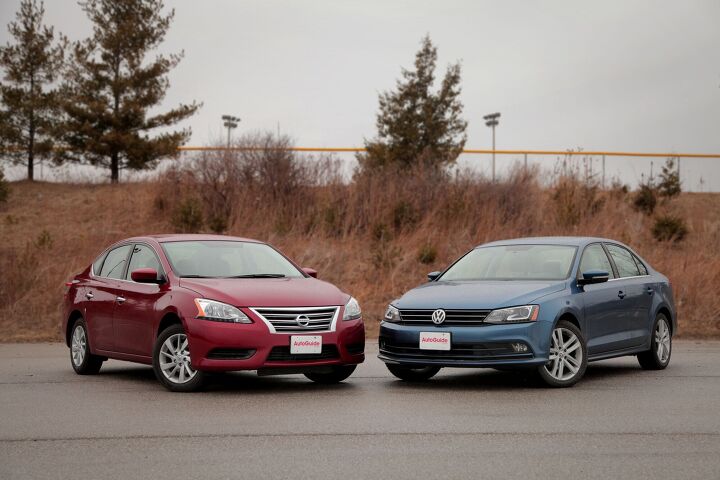















































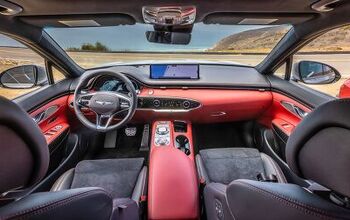




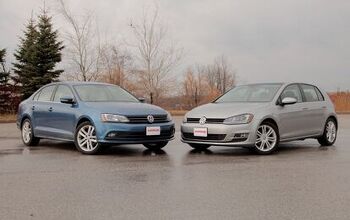
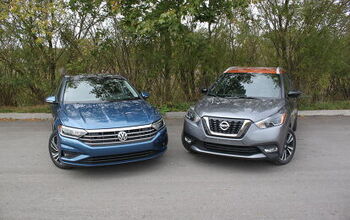



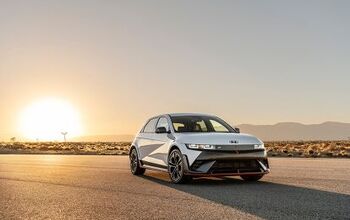
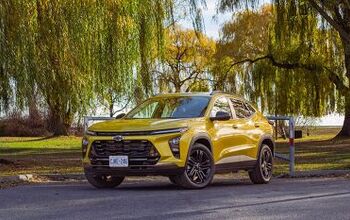
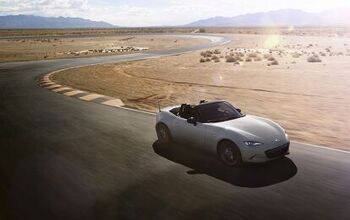

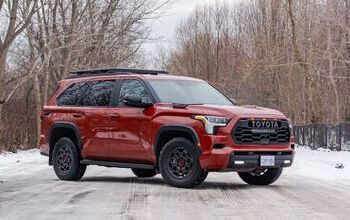



Comments
Join the conversation
Nissan is literally one of the least reliable jap brands and they are going down on dependability year after year. Probably about the same ultimately. Besides who isnt willing to pay a little more for a significantly better car in the jetta? Sentra costs less and does nothing better. For those wondering why the sentra sells better. Look at the incentives.